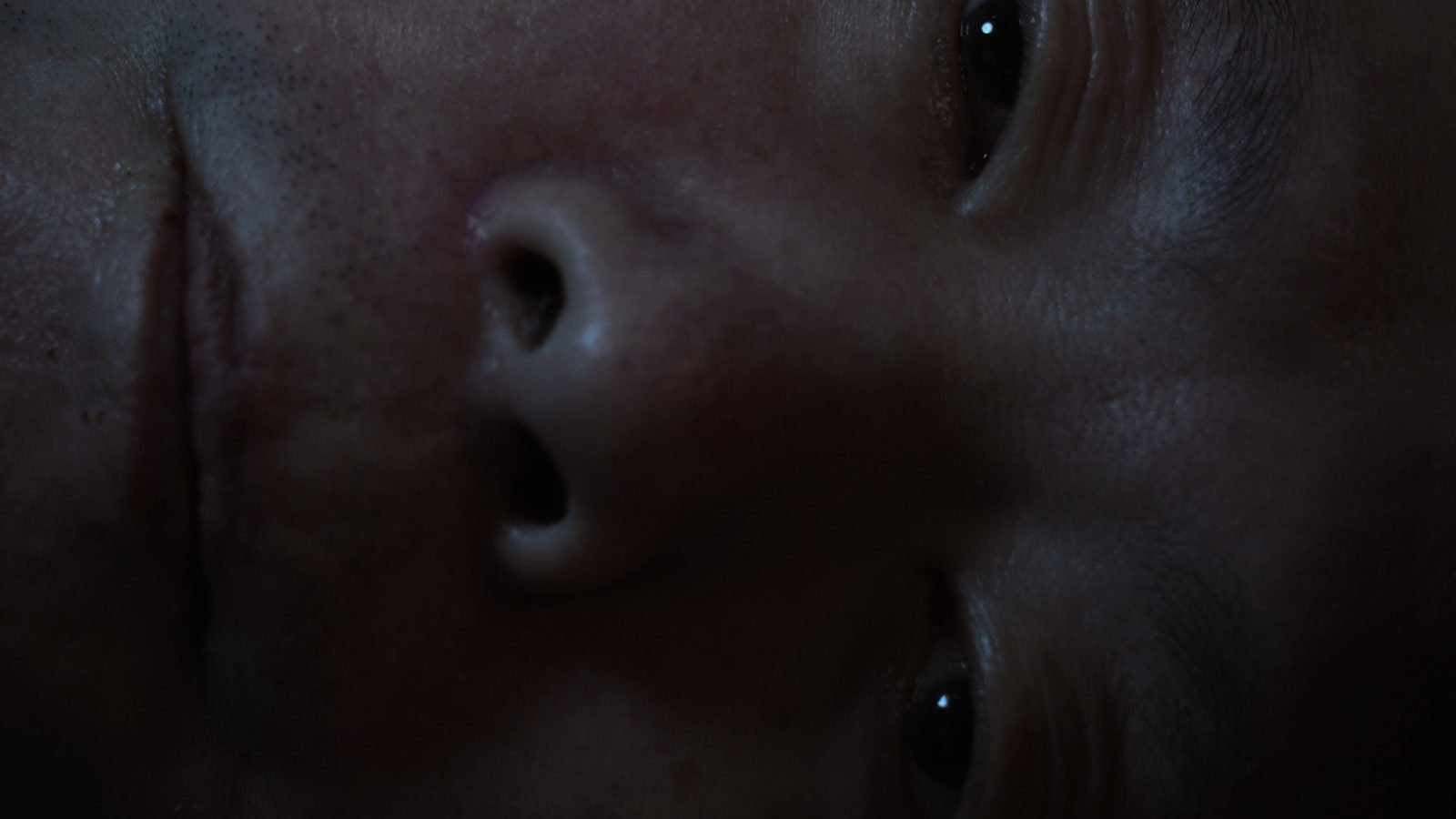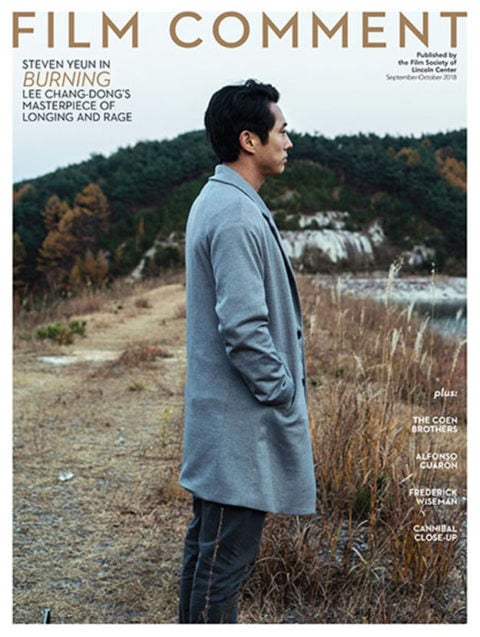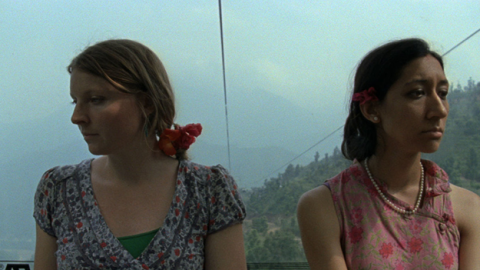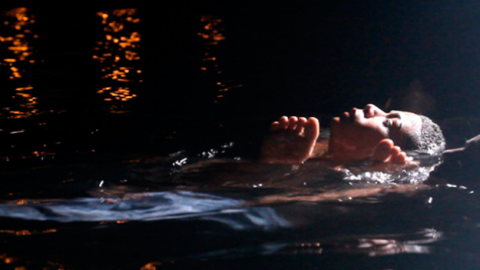By Abby Sun in the September-October 2018 Issue

Eat Me
In Caniba, close encounters with a cannibal and his brother lead filmmakers Véréna Paravel and Lucien Castaing-Taylor into new realms of power, fear, and desire

From the September-October 2018 Issue
Also in this issue
The following is an excerpt from the September/October 2018 issue.
As Caniba traversed the experimental festival circuit over the last year—Venice’s Horizons section, TIFF’s Wavelengths section, NYFF’s Projections section— it was dogged by controversy over its choice of subject, a known cannibal and murderer, and whether the film validated his desires or diminished his crimes through impertinent irreverence. The stakes regarding what makes an appropriate subject feel particularly high right now. Facing rising illiberalism worldwide, the various structures of the documentary film industry, from funding to exhibition, are currently obsessed with finding morally and politically worthy subjects. The thinking goes somewhat like this: filmmakers should profile the deserving voiceless, subjects should be allowed to speak “in their own words,” and they should be filmed with aesthetics that convey their worth as humans to counter their prior objectification or powerlessness.
It’s true that nonfiction films currently draw their relevance from illuminating the lives of the marginalized, but it’s become easy for filmmakers to hide behind the righteousness of their politics. In fact, this belief in the noble elevation of a subject is precisely what drove the colonialist and racist work of early ethnography and missionary proselytization. This quandary between the good intentions of filmmakers and the power dynamics of the filmmaker-subject relationship is thornier than commonly acknowledged. We generally accept that filmmakers can judge their subjects based on who they choose to film and how they are filmed, yet the belief that a person should or even can weigh the inherent worthiness—and humanity—of another person remains broadly unexamined.
This fundamental issue is an example of the documentary catechisms that are questioned at the Sensory Ethnography Lab, housed within Harvard’s Anthropology and Visual and Environmental Studies departments. In the SEL, Véréna Paravel and Lucien Castaing-Taylor have sought to embody the idea of a laboratory, with few rules except the imperative to challenge tenets of both ethnographic and documentary filmmaking. SEL projects like their Leviathan (2012) and Stephanie Spray and Pacho Velez’s Manakamana (2013) have upended the art-doc dichotomy in just over a decade. Caniba, Paravel and Castaing-Taylor’s latest collaboration, was produced under the same aegis. While the SEL is currently undergoing significant changes—longtime lab manager and collaborator Ernst Karel has decamped the East Coast, for instance—Paravel and Castaing-Taylor’s interest in extremism, for filmmakers and audiences, has remained constant since the beginning.
To read the rest of the article, you can purchase the September/October 2018 issue or subscribe now.
Abby Sun is a programmer at True/False Film Fest.







